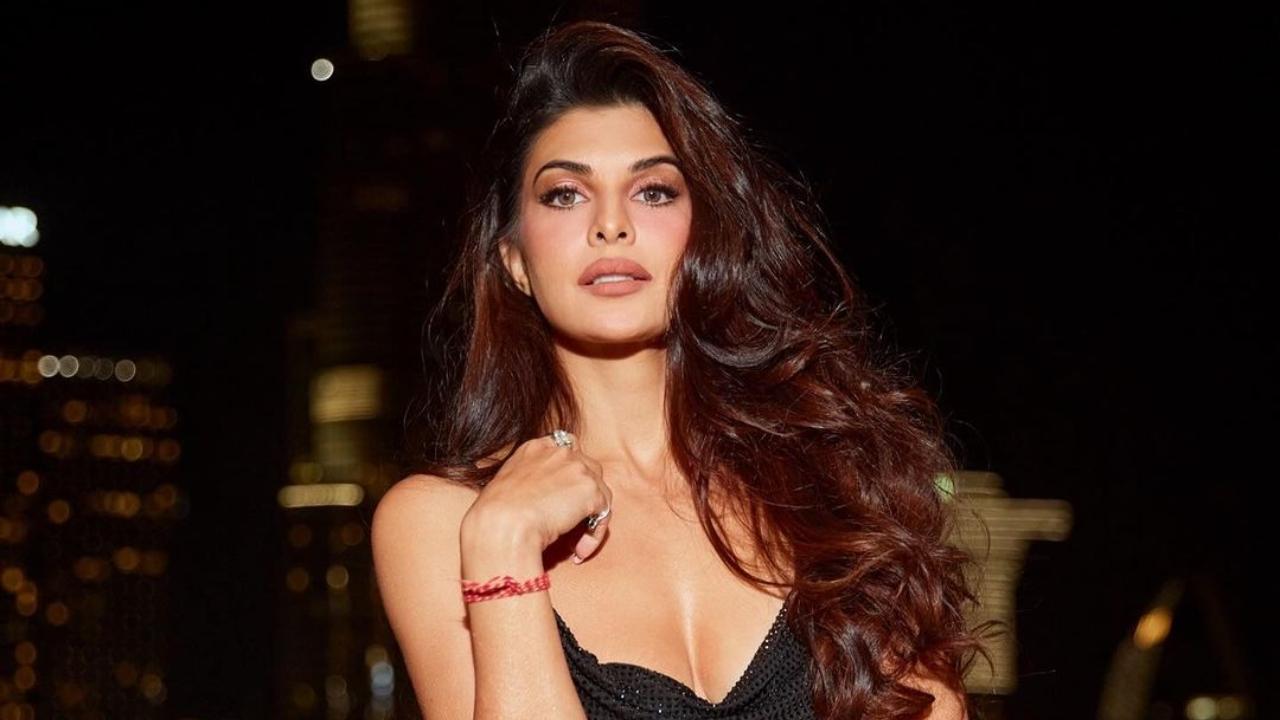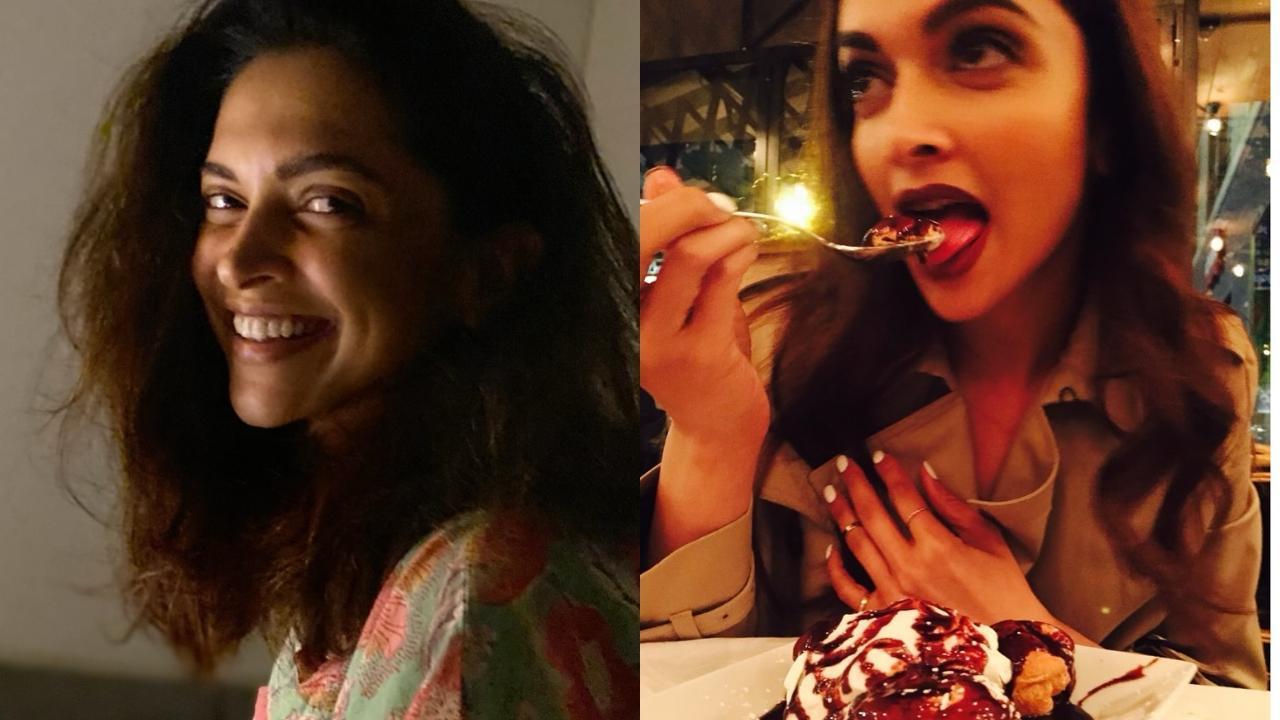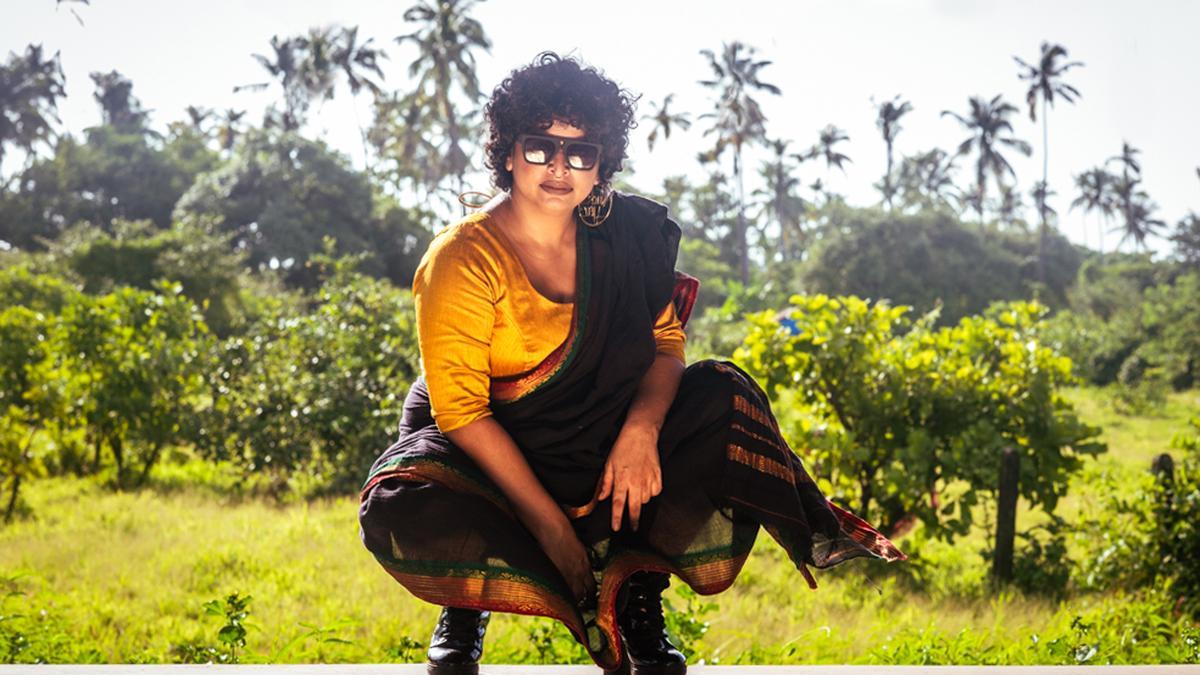
In the vibrant sphere of Malayalam cinema, “Vaazha,” directed by Anand Menen, emerges as a refreshing blend of laughter and life lessons. This engaging comedy, skillfully written by Vipin Das, is not just a fun ride but also an insightful take on the generational conflict between parents and youngsters. The narrative weaves humor into every scene in the first half, seamlessly transitioning into a more relatable and serious tone post-interval.
The plot orbits around five inseparable friends: Ajo Thomas, Vishnu, Moosa, Abdul Kalam, and Vivek Anand. These youngsters are quintessential backbenchers who consistently struggle to pass their exams, a theme that resonates with a considerable segment of the audience. The journey of these characters is chronicled from their early school days through to their college years and beyond, delving deep into their lives as they grapple with the pressure of their parents’ lofty dreams.
In stark contrast to his friends, Moosa enjoys the unwavering support of his father. For the rest of the group, their parents remain aloof, disconnected from their children’s aspirations and struggles. This dissonance underlines the movie’s title, “Vaazha,” which translates to ‘plantain tree’ in Malayalam. It echoes a grim adage in Malayalam culture, suggesting that investing money in a non-achieving child is futile when compared to planting a plantain tree, which would at least yield some fruit.
The film notably mirrors the Reels-style presentation, characterized by briskly paced scenes that highlight the youths’ interactions with apathetic educators in both school and college settings. The first half of “Vaazha” is replete with lively action, fistfights, and layers of comedy. However, beneath the jovial exterior lies a narrative that gradually veers into a poignant exploration of reality, particularly when the protagonists begin to face the harsh truths of failed academic endeavors, missed career opportunities, and fleeting relationships.
The storyline intensifies as the characters stumble through engineering college, with their seats secured through parental dreams rather than personal merit. They confront academic failures, bungled job interviews, and unsuccessful romantic pursuits, underscoring a reality that many in the audience can identify with. This phase of the movie scrutinizes the detrimental effects of parents imposing their unfulfilled dreams onto their children, instead of fostering and supporting the children’s unique aspirations.
Furthermore, “Vaazha” casts a critical eye on the conventional education system, which too often binds success to examination scores, neglecting students who might have alternative paths and passions. The movie challenges toxic parenting norms and age-old expectations of blind obedience, bringing to light the emotional and psychological toll these can exact on young minds.
. A particularly touching scene features Ajo’s father, played by Azeez Nedumangad, standing up to toxic relatives who belittle his son, a moment likely to resonate with viewers who have faced similar familial pressures.
Vipin Das’s writing ensures that the humor persists throughout, even as the storyline delves into more serious themes. Despite the potential for certain emotional scenes to become overly sentimental, “Vaazha” maintains a balanced approach, eschewing melodrama for authenticity and relatability.
The film’s strength lies significantly in its relatability. Anand Menen masterfully prevents the narrative from becoming excessively tearful, even during the second half where the plot could easily have devolved into clichéd melodrama. The performances of Amith Mohan Rajeswari, Siju Sunny, Joemon Jyothir, Anuraj OB, and Anu effectively bring the five friends to life. Saafboi’s portrayal of the antagonist—a model student and teachers’ favorite—adds a contrasting dynamic to the group.
Supporting roles are adeptly filled by Kottayam Nazeer, who excels as Vishnu’s disappointed father. Jagadish and Azeez also deliver compelling performances. Noby Marcos is subtly powerful as Moosa’s supportive father, and Basil Joseph’s guest appearance injects additional zest into the storyline.
While the female characters might not have significant screen time, the script avoids descending into chauvinism. Instead, it highlights how the lack of emotional empathy and maturity hampers the development of meaningful relationships with women, a nuanced touch that adds depth to the story.
Technical aspects of “Vaazha” receive commendable support from the team, with Kannan Mohan’s precise editing and Aravind Puthussery’s vibrant cinematography enhancing the overall cinematographic experience. Despite a few script loopholes, the overall feel-good tone of the movie ensures these do not detract from the engaging narrative.
In conclusion, “Vaazha” stands out as a delightful comedy that deftly tackles serious issues related to parenting and education. It invites viewers to laugh heartily while pondering deeper societal questions, making it a must-watch for all ages. Currently running in theaters, “Vaazha” is a testament to the evolving landscape of Malayalam cinema, blending humor with heart and providing a genuinely entertaining cinematic experience.










